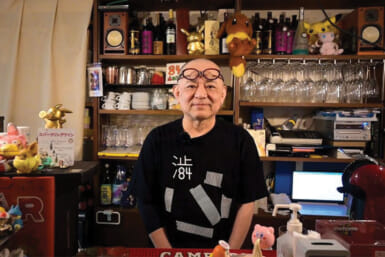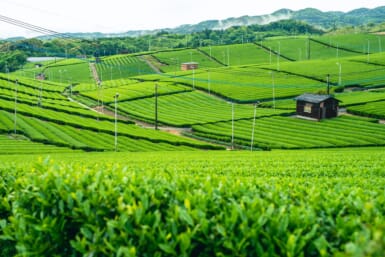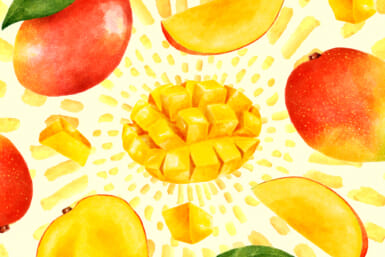Unagi, or Japanese eel, has been put on an international conservation “red list,” adding to worries that Japan may lose one of its popular traditional delicacies.
Japan’s agriculture minister has urged for Japan to step up its efforts in cutting back on the consumption of various eel species, whose numbers have been shown to be rapidly declining. The move comes on the heels of the International Union for Conservation of Nature during which the Japanese eel was designated as an endangered species due to “loss of habitat, overfishing, barriers to migration, pollution and changes to oceanic currents.”
Although the list has no legal power, being placed on the list may lead to global restrictions, according to the Associated Press. Inclusion on the red list, which translates to “a very high risk of extinction,” can be the basis for trade restrictions under an international treaty on trade in endangered animals and plants.
Other species of eel are also facing various threat levels due to habitat damage and overfishing. The IUCN said the population of all eels has declined by as much as 90 percent over the past 30 years.
“We must speed up efforts to build large-scale production systems,” Yoshimasa Hayashi, the minister of Agriculture, Forestry and Fisheries, told reporters after the IUCN’s decision was announced.
The Japanese government has been aware of the shrinking eel population and has taken some measures to address the issue. The Ministry of Environment added the eel to its own endangered species list in 2013 and only allows licensed fishermen to catch baby eels. It also accelerated research and development of farming technology.
Japan consumes more than two-thirds of all eel caught in the world. Unagi is a staple summer delicacy that is usually roasted, but sometimes grilled over charcoal. Japanese eel are usually raised to adulthood after being caught as elvers, or glass eels. Although there are limits on catching elvers and juvenile eels, rising demand has put heavy pressure on the species and pushed prices as high as $36,000 a kilogram.
Recently, traditional “kabayaki” roasted eel dish has become more of a luxury rather than common household dining. A bowl of rice with a slice of roasted eel on top sells for $7 to $10 at Tokyo’s Tsukiji market.
By Maesie Bertumen
Image: Sebra / Shutterstock.com









